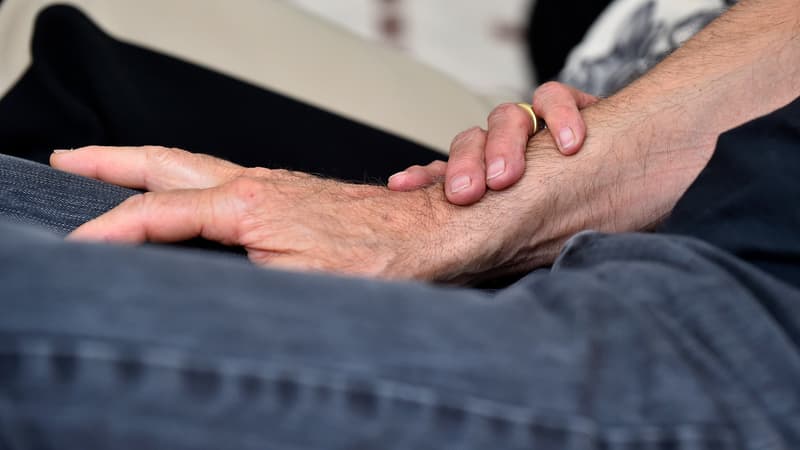The Order of Physicians is “unfavorable” to the fact that doctors can participate in “a process that would lead to euthanasia” before a change in the legislation on the end of life, after a consultation whose conclusions are published on SATURDAY.
After nine months of reflection by its departmental and regional councils, the College of Physicians pronounced at the end of its work the citizen convention on the end of life.
On Sunday, he will probably recommend the legalization of “active assistance when dying”, without knowing yet what the intentions of the President of the Republic are in this regard.
The College of Physicians says in the preamble “any possibility of establishing an active assisted death procedure for minors and people incapable of expressing their will” is unfavorable.
“A Conscience Clause”
In the event of a legislative change towards the legalization of active assistance in dying (euthanasia and/or assisted suicide), “the participation of a doctor in a process that leads to euthanasia will be unfavorable, the doctor cannot deliberately cause death by administration of a lethal product”.
In the event of assisted suicide being legalized, the Order requests a specific awareness clause “which may be highlighted at any time during the procedure”, without this preventing the doctor from invoking this clause from continuing to monitor his or her patient.
For the Order, “the assessment, the decision of eligibility for active assistance at death and responsibility must be collegiate” and the treating or referring physician “must systematically be a member” of this college if he has not invoked his conscience clause.
“The law will have to protect the doctor”
If he is “unfavorable to the active participation of the doctor during the taking of the lethal product by the patient”, he believes that he should be able to follow him until his last moments if he has not asserted his conscience clause. Finally, the Order considers that “the law must protect the doctor who participates in the procedure of active assistance when dying.”
In the current state of the legislation, the Order “deems it imperative to allow for better enforcement of the Claeys-Leonetti Act,” which prohibits euthanasia and assisted suicide, but allows “continuous deep sedation to death” in specific cases, and says that he is particularly willing to contribute “to the development of palliative and supportive care.”
Source: BFM TV


